Higher-ranking white belts sometimes ask me about our expectations to be allowed to test for shodan.
Here are the basics.
• Shodan is a special achievement, not an entitlement. If we don’t think that you’re going to do a successful test at any given opportunity, it is better if you don’t test and keep working until you are ready.
• There are posted minimum days of practice requirements for each rank. These are absolute minimums. The fact that you have the minimum days required doesn’t mean that you will be allowed to test.
If you have anything less than the minimum, you’re not going to test unless there are special circumstances — i.e., you are moving to another country. And even so, you’ll still have to do a good test to pass.
• Test candidates must train very seriously and consistently before the test. By that, I mean at least three months of attending the dojo routinely, building up stamina and improving and amending technique. This involves paying serious attention to instruction and corrections and implementing them, not just nodding and forgetting.
• We are also looking for correct etiquette — bowing correctly, avoiding talking during class, clean and mended gi, etc.
• We would like to see regular attendance at area seminars. Prospects should attend Osawa-sensei’s camps and seminars, though I know that it’s not always possible, due to distance. You should attend CAF Examination Committee seminars in Toronto and make sure you are paying close attention to the instruction, not just working out.
• I expect you to test at a seminar. There are usually a few opportunities during the year in Canada, and at least one in the Toronto area. This year, black-belt tests will be conducted at CAF Summer Camp, the CAF fall seminar and an Exam Committee seminar in the fall in Toronto.
• If you have a medical condition that prevents you from doing certain techniques (for example, knee problems preventing suwari waza) the grading panel will make allowances for this. If you are a senior, the grading panel will allow a somewhat slower pace of testing, but you still need the stamina to test for 15 minutes without resting.
• If even modified testing is not possible, we will consider promoting you without a test. However, you still have to meet the technical standard in your practice and I expect a higher number of days of practice than the posted test requirement. (Also, be aware that fees for promotion are higher than for testing.)
• On the other hand, sometimes students are qualified to test and are reluctant to do so. If we suggest that you test, plan to do so. It isn’t all about you…
• If you are interested in testing, let us know which seminar you would like to test at. We will advise you and be happy to help you plan and train. We like to see this kind of positive thinking.
Briefly, a black belt should be a model for behaviour and practice for junior ranks, not just someone wearing a hakama.
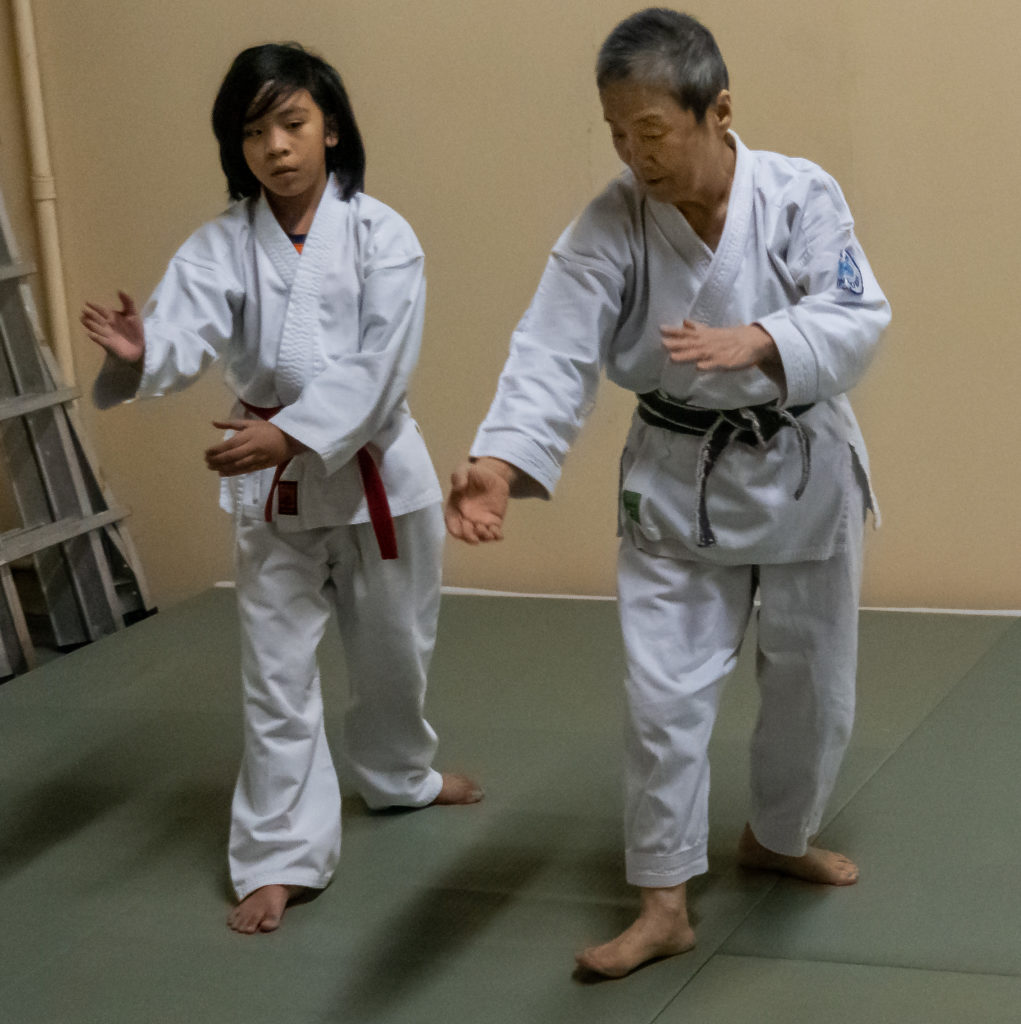


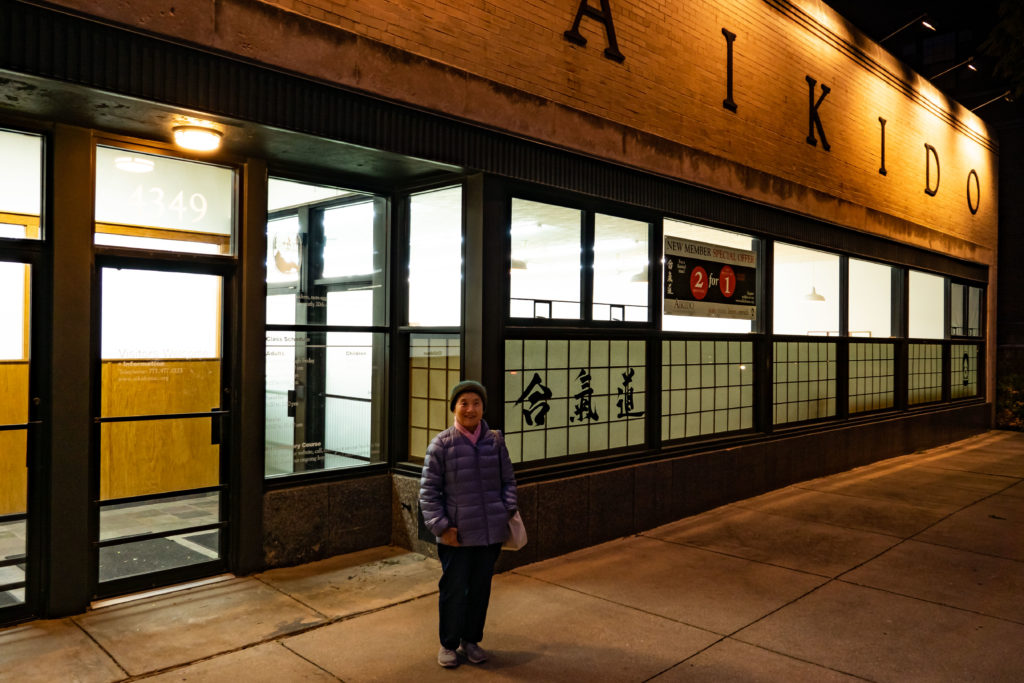
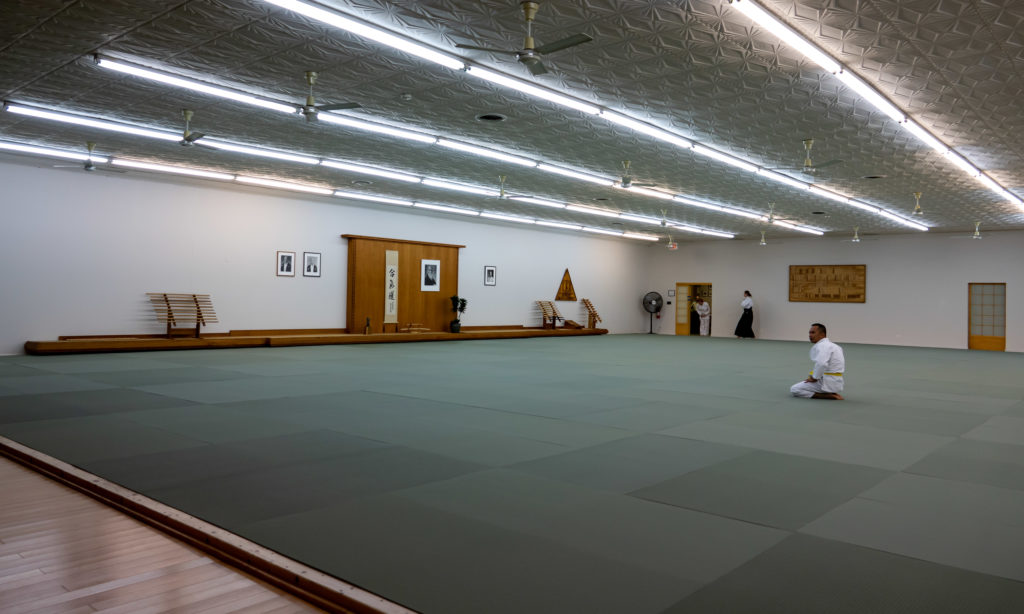
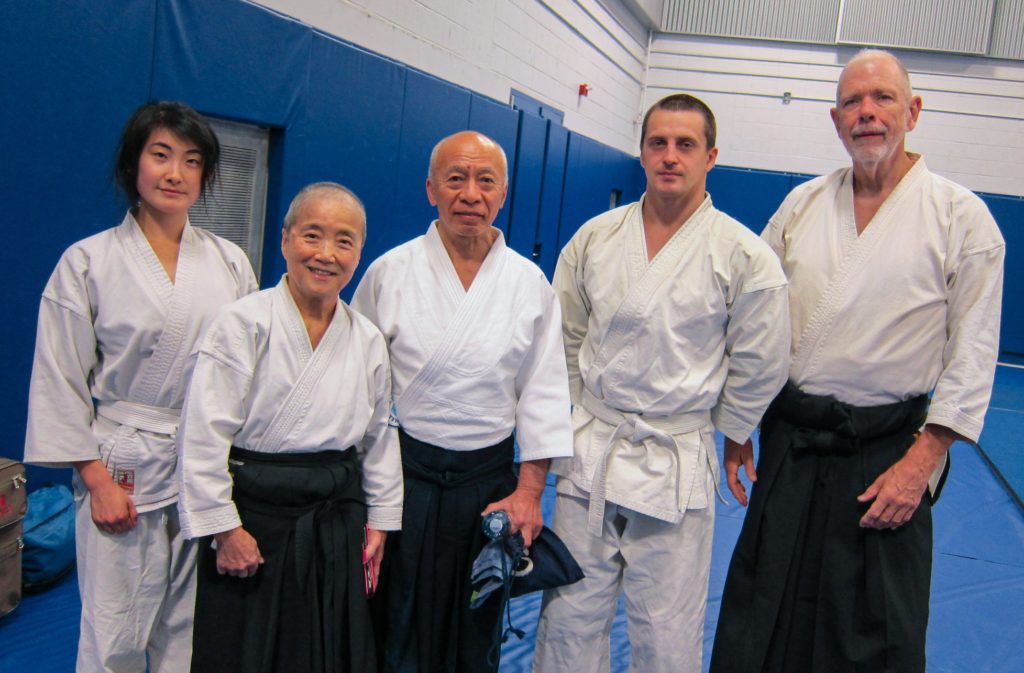

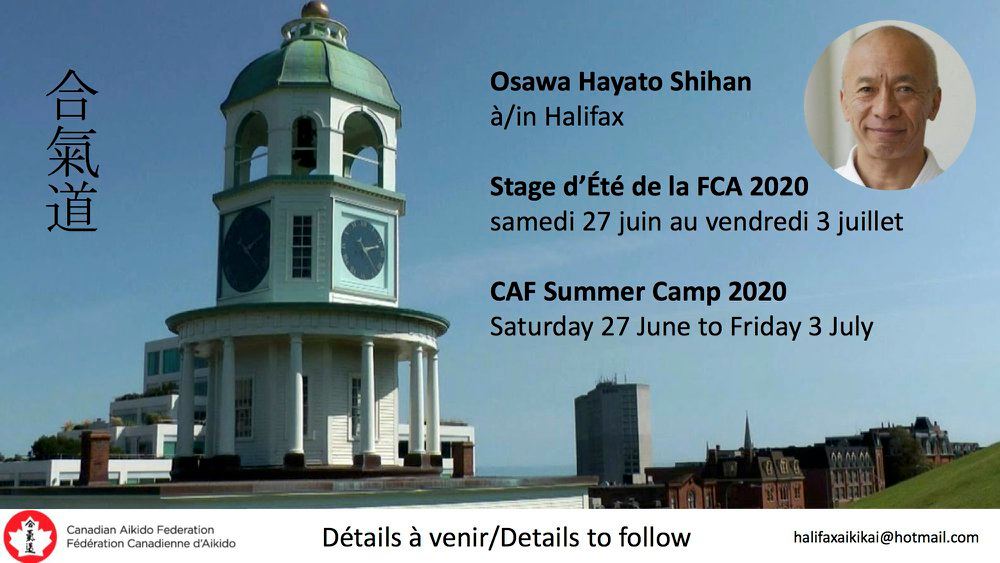
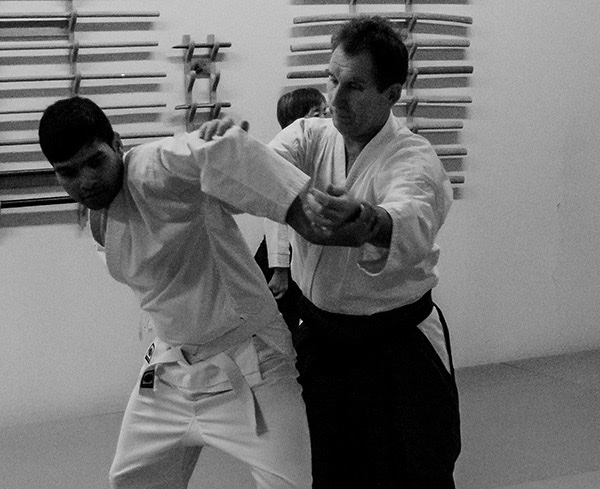
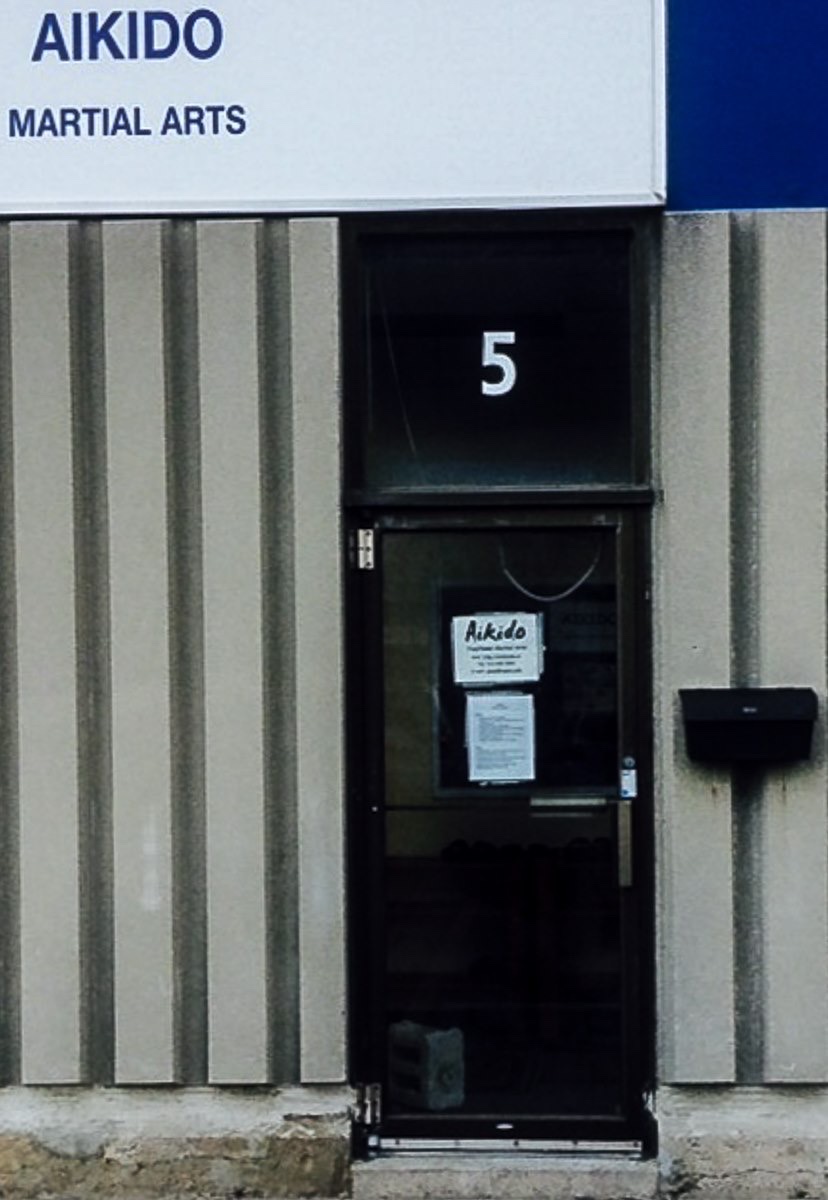 The most difficult technique in martial arts is… walking through the front door of the dojo. Once you have done, that, the rest is possible.
The most difficult technique in martial arts is… walking through the front door of the dojo. Once you have done, that, the rest is possible.